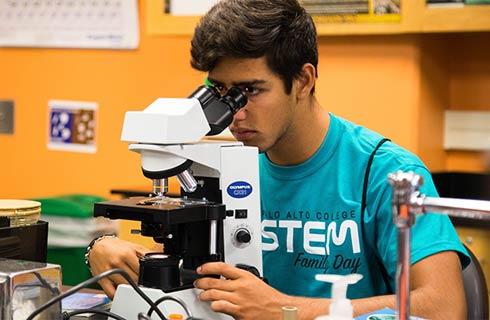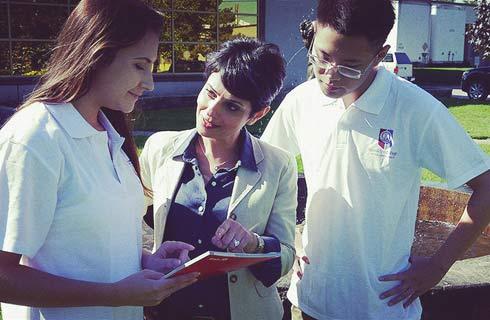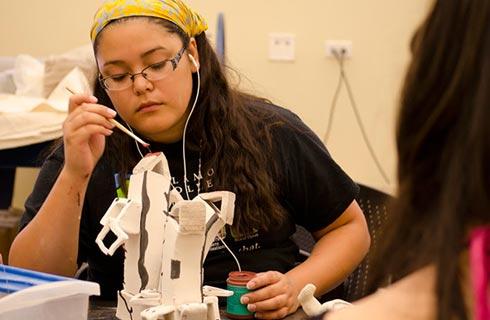- IDP China>
- 课程库>
- 社会科学>
- 传播学与新闻学>
- 传播与修辞>
- Doctor of Philosophy in Communication Sciences and Disorders - Speech-Language Sciences and Disorders
Doctor of Philosophy in Communication Sciences and Disorders - Speech-Language Sciences and Disorders

学历文凭
Ph.D.

专业院系
School of Communication Sciences and Disorders

开学时间

课程时长

课程学费

国际学生入学条件
A Baccalaureate or Master’s Degree: The applicant must provide an official transcript showing an earned bachelor’s or master’s degree, depending on program requirements. In cases, where a program’s accrediting body allows alternate admissions standards, exceptions may be made. If you are a UofM undergraduate student applying to Graduate School at UofM, you do not need to request that an official transcript be sent to Graduate Admissions. This office has access to your transcript. The degree must have been awarded by an accredited college or university. Only transcripts received directly from an issuing institution are considered official. Personal copies are not acceptable as official documents.
GPA: The applicant must have earned an acceptable grade point average, typically a minimum of 2.5 on a scale of 4.0, but departments may make exceptions for students whose overall GPA does not adequately reflect their ability to succeed in their chosen field.
International students must provide evidence of English Language Proficiency.
English proficiency test scores accepted by the University:
- Duolingo English Test-110 or higher on the overall score.
- TOEFL (Test of English as a Foreign Language) 550 or higher on the paper version, 80 or higher on the internet-based test
- IELTS (International English Language Testing System)- 6.5 or higher
- PTE (Pearson Test of English) - 59 or higher
IDP—雅思考试联合主办方

雅思考试总分
6.0
- 雅思总分:6
- 托福网考总分:79
- 托福笔试总分:550
- 其他语言考试:PTE (Pearson Test of English) - 53 or higher
CRICOS代码:
申请截止日期: 请与IDP联系 以获取详细信息。
课程简介
相关申请
 预科
预科 奖学金
奖学金 实习机会
实习机会 在校学习
在校学习 跨境学习
跨境学习 校园授课-线上开始
校园授课-线上开始 在线/远程学习
在线/远程学习
开学时间&学费
学费信息仅供参考,请与IDP联系以获取详细信息
| 开学时间 | 时长 | 学费 | 地点 |
|---|
本校相关课程
其他相关课程

传播学文学士
 劳伦森大学
劳伦森大学学历文凭
Bachelor Degree
开学日期
课程费用总额


修辞与传播学学士学位
 温尼伯大学
温尼伯大学学历文凭
Bachelor Degree
开学日期
课程费用总额


专业传播学文学士
 皇家大学
皇家大学学历文凭
Bachelor Degree
开学日期
课程费用总额


传播学文学士
 劳瑞尔大学
劳瑞尔大学泰晤士高等教育世界大学排名:1491
学历文凭
Bachelor Degree
开学日期
课程费用总额


英语文学士-修辞学[一般]
 滑铁卢大学
滑铁卢大学学历文凭
Bachelor Degree
开学日期
课程费用总额


英语文学士-修辞学
 滑铁卢大学
滑铁卢大学学历文凭
Bachelor Degree
开学日期
课程费用总额










 美国
美国






